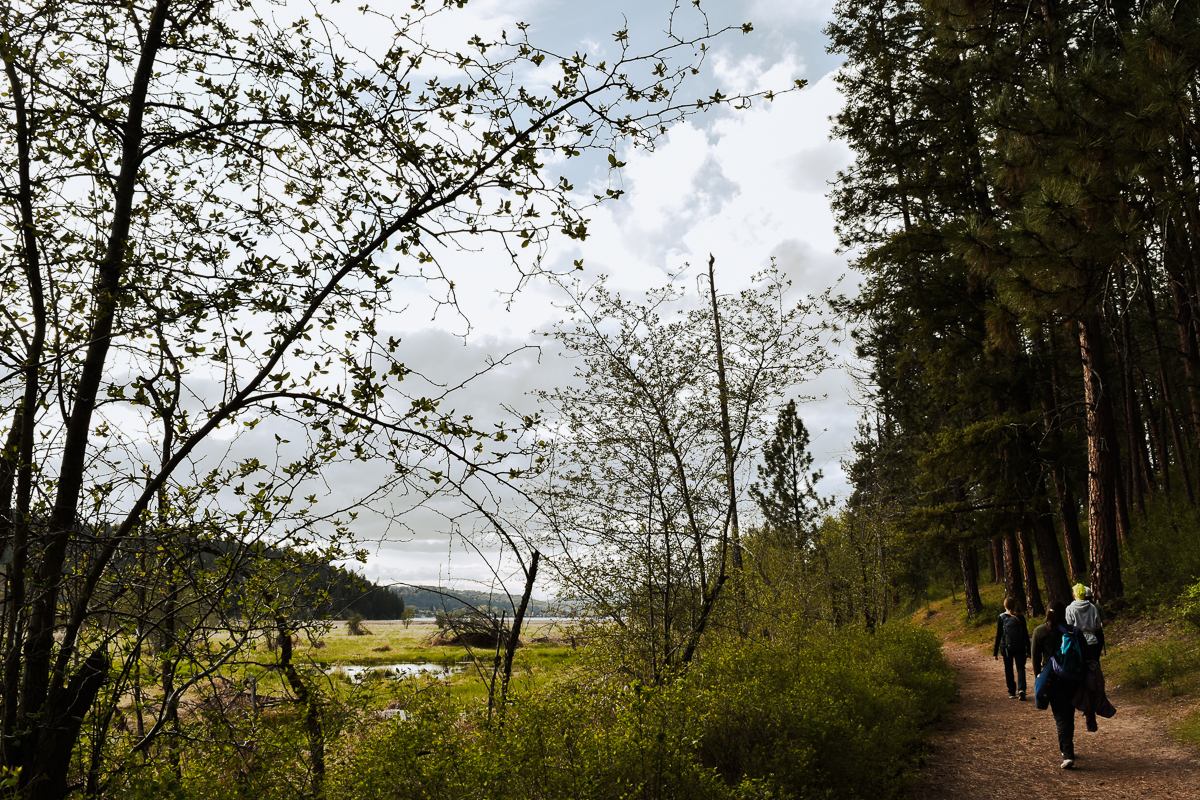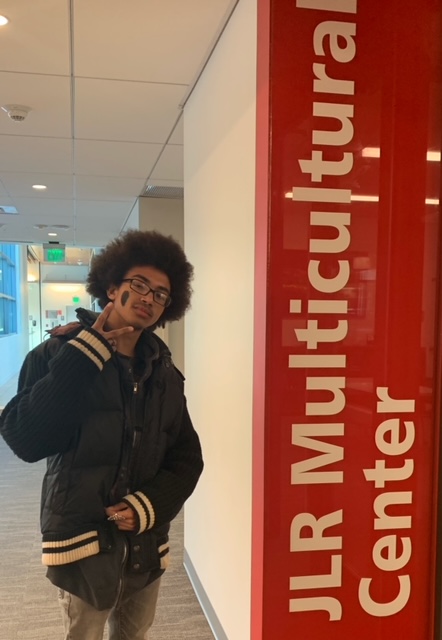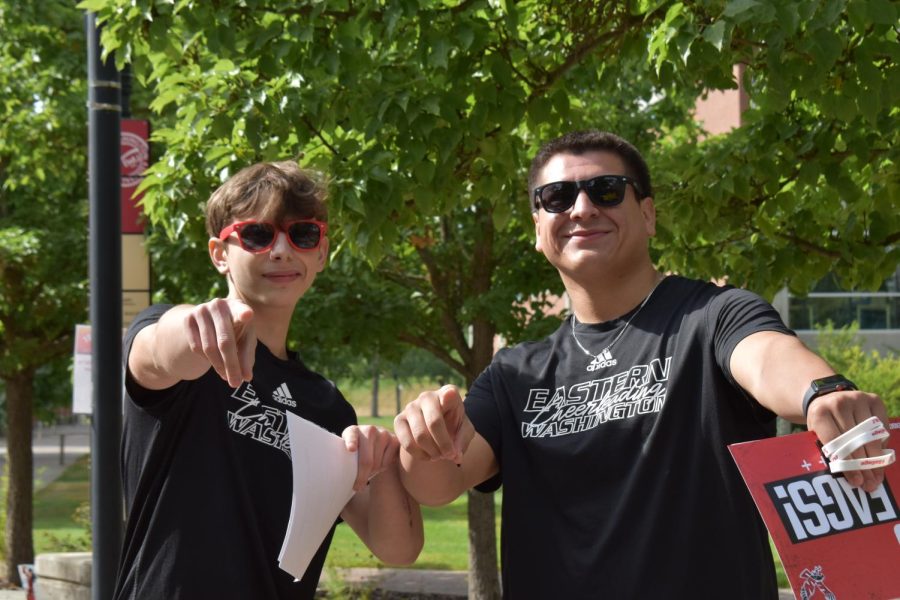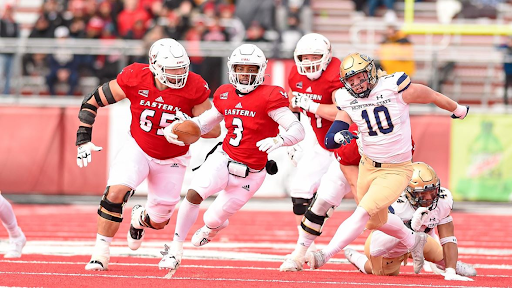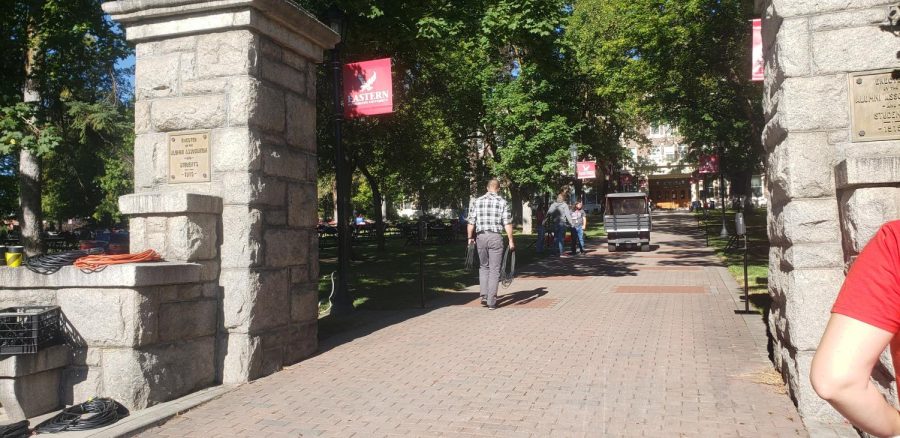Hesitation in a dangerous moment can be the difference between saving a life and losing one.
With the help of a general amnesty policy, students can know exactly what their choices are and the consequences of those choices in the event of a life-threatening situation.
Colleges across the country, including larger schools such as Clemson University, Indiana University and Purdue University, are adopting amnesty policies as a way to combat the rising number of violent crimes going unreported, specifically when drugs or alcohol are involved.
Sometimes the fear of getting into trouble outweighs the desire to help.
For example, a young woman, under the age of 21, is being forcibly led into a room at a party where alcohol is present. If she or someone else calls the police for help, will she be cited for underage drinking? What if the person calling for help has no idea that she is not of legal age?
Or perhaps a young man is being harassed and reports it to the authorities. Will he receive a charge for minor in possession?
This exact scenario happened at Eastern last week. The man was cited for underage drinking after calling the police to report he was being assaulted.
These types of situations are the exact reason that Eastern needs an amnesty policy.
Yes, drinking before you are 21 is still illegal. An amnesty policy will not change that. What an amnesty policy can change is the value we place on certain crimes.
Regardless of the victim’s gender, the prevention of physical and sexual assault has to take priority. Do we have laws in place strictly to punish individuals? Or are those laws there to guarantee an individual’s safety?
According to an article by Michele Bedard-Gilligan at the University of Washington, “70 percent of women who were sexually assaulted had consumed alcohol prior to the assault.” So more often than not, a call trying to prevent or report a sexual assault will involve a victim who has been drinking. Therefore, over half of the possible calls regarding sexual assault could fall under the amnesty umbrella.
This goes for witnesses of violent crimes, as well. If witnesses to a crime feel that they are threatened with consequences regarding their drinking, they may well decide to ignore the situation.
However, there is legal precedent in Washington state regarding the necessity to protect an active witness.
On March 10, 1994, Kevin Gardner made a routine stop in his armored truck at Seafirst bank in Spokane. From the driver’s seat, Gardner saw a woman being chased by a man wielding a knife. He initially considered the fact that he would lose his job if he left the truck unattended but decided that he had to help the woman.
Gardner exited the truck and stopped the man, quite possibly saving the woman’s life. He was fired from his job at Loomis Armored immediately.
Gardner sued Loomis Armored for lost wages. The case eventually made it to the Washington State Supreme Court. In the case, the supreme court found that Kevin Gardner had an obligation within our public moral code to assist someone who was in danger of serious injury or death.
We all have an obligation to assist someone who is in danger, whether that be out of self-preservation or public moral code. The policy regarding witnesses and victims who are drinking underage at Eastern, a Washington state school, should reflect the principles of the Washington State Supreme Court’s decision: a decision outlining the obligation every human has to protect each other.
Some fear that a strict policy will not allow flexibility in dealing with each case as a separate instance. It is true that each occasion will have special circumstances. However, there needs to be a baseline that decisions can be built upon.
Neither will an amnesty policy encourage underage drinking. Students consume alcohol. That doesn’t mean that knowing they are safe from prosecution in certain instances will cause them to run wildly in the streets shouting, “Yes, we have amnesty. If I’m raped, I can call for help so now I’m going to get drunk.”
The problem exists in the lack of expectations. A case-by-case process leaves every individual wondering if they are protected or not.
Plainly put, a university amnesty policy translates to a decision to look upon the greater good.
Until Eastern has an amnesty policy, students will be constantly wondering under what situations they will or will not be protected. Hesitation is the last thing any of us need in a time of crisis.




